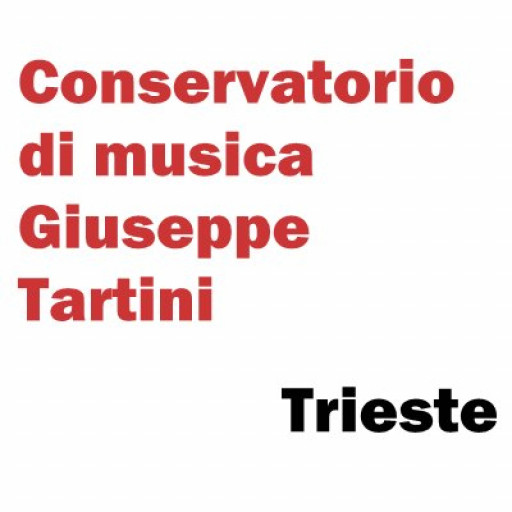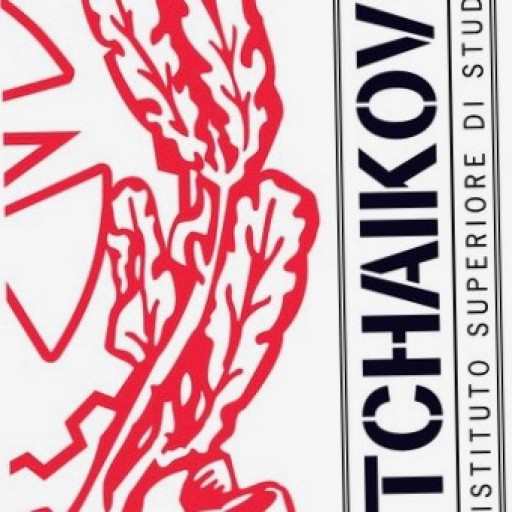Photos of university / #oxford_uni
The MSt can serve both as a self-contained course for students wishing to pursue more advanced studies in composition for one year or as an excellent preparation for doctoral research. Students on the MSt courses in musicology, performance and composition follow a common structure, supported by appropriate individual supervision or tuition in their chosen specialism.
Typical graduate destinations include doctoral research in music and other music-related or broadly cultural professions
The Master of Studies in Music (Composition) introduces a broad range of current methodologies and approaches in music scholarship. The main MSt teaching and coursework is done in the first two terms; the third is reserved for completion of assessed work.
Core seminars
In the Michaelmas term there are typically six topics:
- historical musicology
- current trends in music theory
- aesthetics
- the social and cultural study of music
- performance
- composition
You may participate in as many of these seminars as you wish. Your first assessment may be written in response to an aspect of any one of the courses attended.
Elective seminars
Each year a number of faculty members convene a series of ‘elective’ seminars based on their research interests, to help you prepare for your assessment essays. You are invited to attend as many of these seminars as you wish. Reading lists are sent out before the start of the courses and you are asked to prepare fully and contribute to the seminars. The first of the seminars may well incorporate a lecture given by the faculty member. Most of the electives take place in Hilary term.
Recent seminar series included the following titles:
- Musical Cross Currents between Opera and Film
- Late Medieval Music: Ontology, Ethics and Cognition
- Music and Consciousness
- Operatic Identities
- Schubert’s Fingerprints
- Sound Cultures, Sound Objects
- Street Music
Presentation seminars
Presentation seminars are held in Hilary term. The entire MSt student cohort is split into two groups, with musicologists, performers and composers being represented in each group. You will prepare a presentation on your own research in one session and will be asked to respond to another student’s presentation in another.
Assessment
You will submit a musical composition in response to techniques presented in core composition seminars at the end of Michaelmas term. An essay is submitted at the end of Hilary term. The final assessment includes a further essay in musicology or a further musical composition produced in response to techniques presented in composition seminars; and a larger musical composition or portfolio of compositions, at the end of Trinity term.
Applicants are normally expected to be predicted or have achieved a first-class or strong upper second-class undergraduate degree with honours (or equivalent international qualifications), as a minimum, in music or related fields.
For applicants with a degree from the USA, the minimum GPA sought is 3.6 out of 4.0.
However, entrance is very competitive and most successful applicants have a GPA of 3.7, a first-class degree or the equivalent.
If you hold non-UK qualifications and wish to check how your qualifications match these requirements, you can contact the National Recognition Information Centre for the United Kingdom (UK NARIC).
Relevant professional experience may be considered as a substitute for academic attainment.
The minimum Graduate Record Examination (GRE) score sought is 163 (Verbal). However, since entrance is very competitive most successful applicants will have a GRE score of 166 (Verbal) or more.
- Official transcript(s)
- CV/résumé
- Statement of purpose/personal statement: Up to 1,000 words
- Written work:One essay of up to 3,000 words
- Portfolio: Two or three compositions with a combined duration of 30 minutes
- References/letters of recommendation:Three overall, generally academic
ENGLISH LANGUAGE REQUIREMENTS
Higher level
|
est |
Standard level scores |
Higher level scores |
||
|
IELTS Academic |
7.0 | Minimum 6.5 per component | 7.5 | Minimum 7.0 per component |
|
TOEFL iBT |
100 |
Minimum component scores:
|
110 |
Minimum component scores:
|
| Cambridge Certificate of Proficiency in English (CPE) | 185 |
Minimum 176 per component |
191 |
Minimum 185 per component |
| Cambridge Certificate of Advanced English (CAE) | 185 |
Minimum 176 per component |
191 |
Minimum 185 per component |
- Global Education
- Hill Foundation Scholarships
- Ertegun Scholarship Programme
The University of Oxford offers a renowned program in Music — Composition, designed to cultivate the skills and creativity necessary for a career in contemporary and classical music composition. The course provides students with a comprehensive curriculum that integrates theoretical understanding, practical application, and innovative exploration of musical expression. Throughout the program, students engage with a wide range of composition techniques, musical styles, and historical contexts, fostering a deep understanding of both traditional and modern music. The program emphasizes individual creativity, encouraging students to develop unique compositional voices while providing ample opportunities for collaborative projects, performances, and workshops. Students benefit from the university’s extensive resources, including world-class musicians and composers, state-of-the-art facilities, and access to a diverse array of musical genres and influences. The course structure typically combines lectures, seminars, individual tutorials, and practical sessions, allowing for personalized mentoring from expert faculty members. Students are also encouraged to experiment with various technology and digital tools in composition, reflecting the evolving landscape of contemporary music production. The program aims to prepare graduates for diverse careers, including composing for film, theatre, media, concert halls, and experimental music venues. Graduates of the program have gone on to achieve success as composers, performers, and educators worldwide. Entry requirements generally include relevant academic qualifications and a portfolio demonstrating musical talent and compositional ability. The duration of the course is usually three or four years, with opportunities for further specialization or postgraduate study. Overall, the Oxford Music — Composition program offers an intellectually stimulating and creatively freeing environment, fostering the development of original, compelling musical works that contribute to the cultural landscape.







